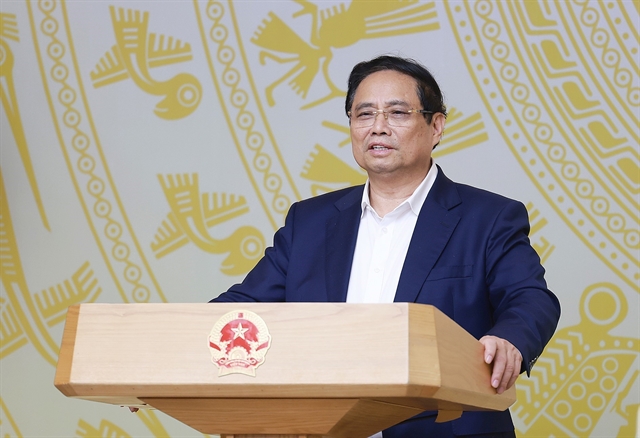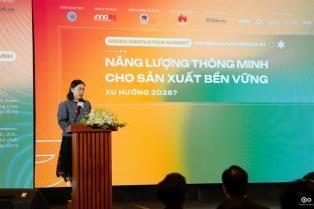PM Chính said disbursement this year has improved and is ahead of the same period in 2024, but 'bottlenecks and gaps with requirements remain.'

HÀ NỘI — Prime Minister Phạm Minh Chính has called for full throttle in public investment, aiming for 100 per cent disbursement of the 2025 budget to fuel economic growth, create jobs and improve living standards.
Speaking at the third National Conference on Accelerating Public Investment on Wednesday, he emphasised the need for higher investment quality alongside zero tolerance for corruption, waste and negativity.
The Prime Minister acknowledged improvements in this year’s disbursement, which is ahead of the same period in 2024, but stressed that “bottlenecks and gaps with requirements remain”. He praised the Ministry of Finance’s detailed reporting and welcomed delegates’ candid proposals, instructing the Government Office to incorporate these into the conference’s conclusion.
Urging a shift in mindset and approach, the Prime Minister called for decisive action and agile responses to rapidly changing conditions. Ministries, agencies and localities must ensure macroeconomic stability, control inflation, promote growth and maintain major economic balances. He highlighted the importance of coordinating monetary and fiscal policies, continuing tax and fee relief, and ensuring public investment disbursement hits the full 100 per cent target.
Public investment must be driven more strongly and effectively to raise project quality and attract social resources while preventing corruption and waste. Disbursement must align with the national development momentum to meet the 2025 targets, the 2021–2025 plan and the country’s ambitions to reach upper-middle income by 2030 and high income by 2045.
All stakeholders were urged to review progress over the past eight months and prepare for major groundbreaking and inauguration events on December 19, marking the end of the five-year plan and the lead-up to the 14th National Party Congress.
“What is good, continue; what is not, fix; violations must be handled; obstacles must be removed,” the Prime Minister said.
Reviewing progress to date, he noted two nationwide online conferences, eight Government resolutions, one directive, six telegrams and numerous instructions. Decision No 1544/QĐ-TTg (July 16) established task forces to resolve difficulties and accelerate disbursement.
The legal framework has been aligned with practice, including Law No. 90/2025/QH15 (25 June 2025), which amends multiple statutes to deepen decentralisation, and 30 decrees clarifying powers under the two-tier local government model. On August 19, 250 projects were inaugurated or broke ground (89 inaugurated, 161 started) to mobilise investment.
Results have improved in both percentage and absolute terms: in the first eight months, public investment disbursement reached VNĐ409 trillion (46.3 per cent of the plan)—up 5.9 percentage points and nearly VNĐ135.3 trillion year-on-year.
Nine ministries and central agencies and 22 provinces exceeded the national average. Notable performers include the Ministry of National Defence (54.5 per cent), Ministry of Public Security (64.8 per cent), Thanh Hóa (90.6 per cent), Ninh Bình (90.1 per cent), Phú Thọ (74.08 per cent), Bắc Ninh (64.6 per cent) and Gia Lai (62.8 per cent). Disbursement for national target programmes reached 52.4 per cent.
At the same time, he pointed to delays in land clearance, resettlement and input material supply; material-price increases compared to bid times; limitations in procurement and inspection; slow handling of violations; and hesitancy, buck-passing and weak communication in some localities.
Eighteen ministries and central agencies and 30 provinces have yet to allocate their full assigned capital (nearly VNĐ38.4 trillion). By the end of August, 29 ministries, agencies and 12 localities were below the national average. He criticised these shortcomings and demanded accountability reviews; disbursement results will be a criterion in performance assessments.
Finally, he called on leaders at all levels to take maximum responsibility and avoid stagnation—“do not let money sit unused”—choose capable contractors, track critical-path schedules weekly and replace underperformers promptly, so disbursement accelerates with quality, compliance and integrity. VNS





